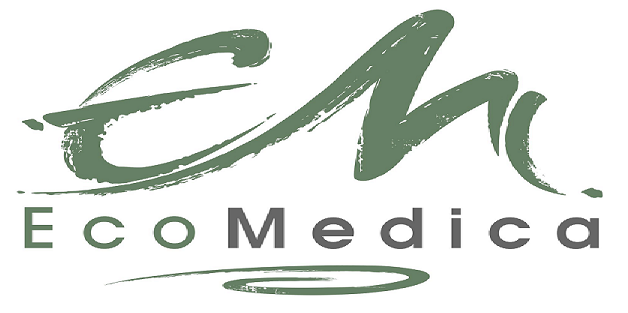Alkalizing Foods
The alkaline diet is based on the idea that replacing acid-forming foods with alkalizing foods can improve your health. The body fluids of healthy individuals are naturally alkaline meaning they have a high pH, whereas the body fluids of the chronically ill tend to be more acidic with a low pH. Most degenerative diseases attributed to aging, cancer, osteoporosis, and heart disease have all been scientifically linked to calcium and other mineral deficiencies that result in the body fluids becoming acidic. Acidosis is a common factor in over 150 degenerative diseases. Adopting more alkalizing foods into your diet can have positive impacts on your overall health and help you to along the detoxification process.
Put simply, pH is a measurement of how acidic or alkaline something is.
The pH value ranges from 0–14:
- Acidic: 0.0–6.9
- Neutral: 7.0
- Alkaline (or basic): 7.1–14.0
Incorporate Alkaline foods including:
- Fruit
- Unsweetened fruit juices
- Raisins
- Black currants
- Vegetables (especially spinach)
- Potatoes
- Wine
- Mineral soda water
- Soy food
- Legumes
- Seeds
- Nuts
Neutral foods: natural fats, starches, and sugars
Finally, people interested in trying an alkaline diet should avoid high-acid foods. These include:
- dairy products such as cheese and milk
- processed foods
- fish
- coffee
- alcohol
- soda
- salt











